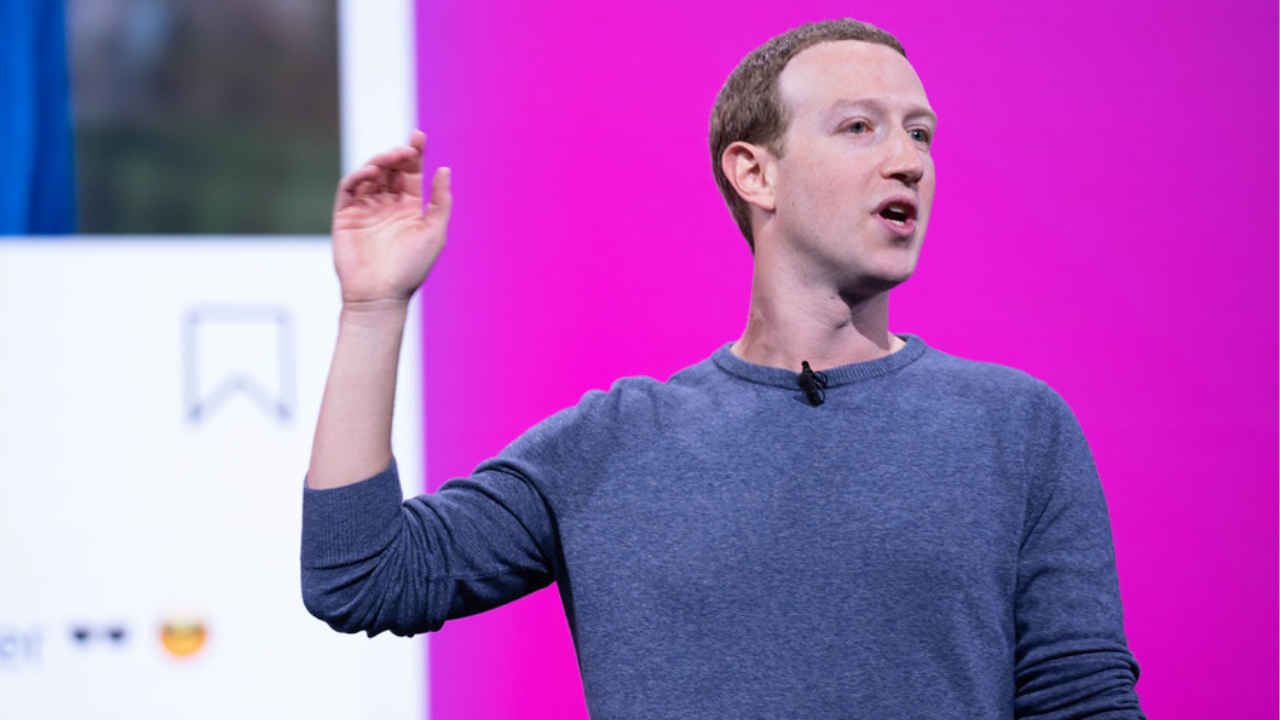
- Home
- Managed Services
- Cyber Security
- Blog
- About Us

We 365 Admin Support, just simplify your IT problems
Call for a free support. +91 96666 59505Platform Partnership
- Who We Help
- Shop
- Contact
- News






HIGHLIGHTS
Table of Contents
ToggleMark Zuckerberg, the CEO of Meta, has found himself at the center of attention in light of ongoing legal disputes concerning the company’s usage of pirated e-books for training artificial intelligence (AI) models. Recently revealed excerpts from court filings have shown Zuckerberg’s defense likening Meta’s actions to the renowned video-sharing platform YouTube, which has a history of dealing with copyright infringement by actively removing pirated content. He argues that utilizing such datasets, albeit contentious, is not entirely unreasonable in the context of advancing AI technologies. This situation places Meta among several entities facing legal challenges related to copyrights in the realm of artificial intelligence.
The allegations surrounding the case—voiced by notable authors, publishers, and intellectual property advocates—are focused on the training of Meta’s AI models using copyrighted material without proper permission. High-profile figures in the literary community, such as Ta-Nehisi Coates and Sarah Silverman, have leveled allegations against the company, claiming that Meta constructed its Llama AI models using content from LibGen, which is known as a repository of pirated e-books.
Zuckerberg’s defense centers around the principle of fair use, equating Meta’s reliance on illegally obtained e-books to the practices employed by YouTube in managing potentially infringing content while striving to eliminate it. He maintains that implementing a blanket ban on using data from such sources would be both unfair and impractical.
In a similar vein, Zuckerberg remarked during his deposition, “Do I want to establish a policy prohibiting individuals from using YouTube because some of the content may be copyrighted? No.” Although he acknowledged the need for caution regarding content that might infringe copyright laws, he appeared firm in his stance on the broader implications of imposing severe restrictions on data usage.
However, key revelations from court documents indicate that internal uncertainty persists within Meta regarding the legality of leveraging LibGen for AI training purposes. During the deposition, Zuckerberg admitted, “I haven’t really heard of it,” indicating an apparent lack of awareness even as evidence shows that Meta had indeed used LibGen as a source for training at least one of its Llama AI models.
The plaintiffs assert that Meta engaged in a practice of cross-referencing pirated works available on LibGen with copyright-protected materials to evaluate the potential for negotiating licensing agreements with publishers. Moreover, the amended complaint stipulates that the latest iteration of the Llama model, known as Llama 3, was trained utilizing pirated e-books sourced from Z-Library, another repository harboring illicit materials. The allegations further detail that Meta has intentions to replicate this data sourcing approach for its forthcoming Llama 4 model.
As the legal proceedings unfold, the intersection of technology, copyright law, and ethical considerations around AI training remains a hotbed for controversy. The results of this case could have significant implications for how AI companies acquire training data in the future, potentially reshaping the boundaries of what constitutes fair use in the ever-evolving landscape of artificial intelligence.
The ramifications of these accusations extend beyond just Meta, encompassing the broader tech ecosystem where many companies grapple with the challenges of content ownership and copyright compliance in the face of rapid technological advancement.
As the tension between creators’ rights and technological innovation continues to escalate, the outcome of this case could set many precedents for future AI development and its reliance on content across various media.